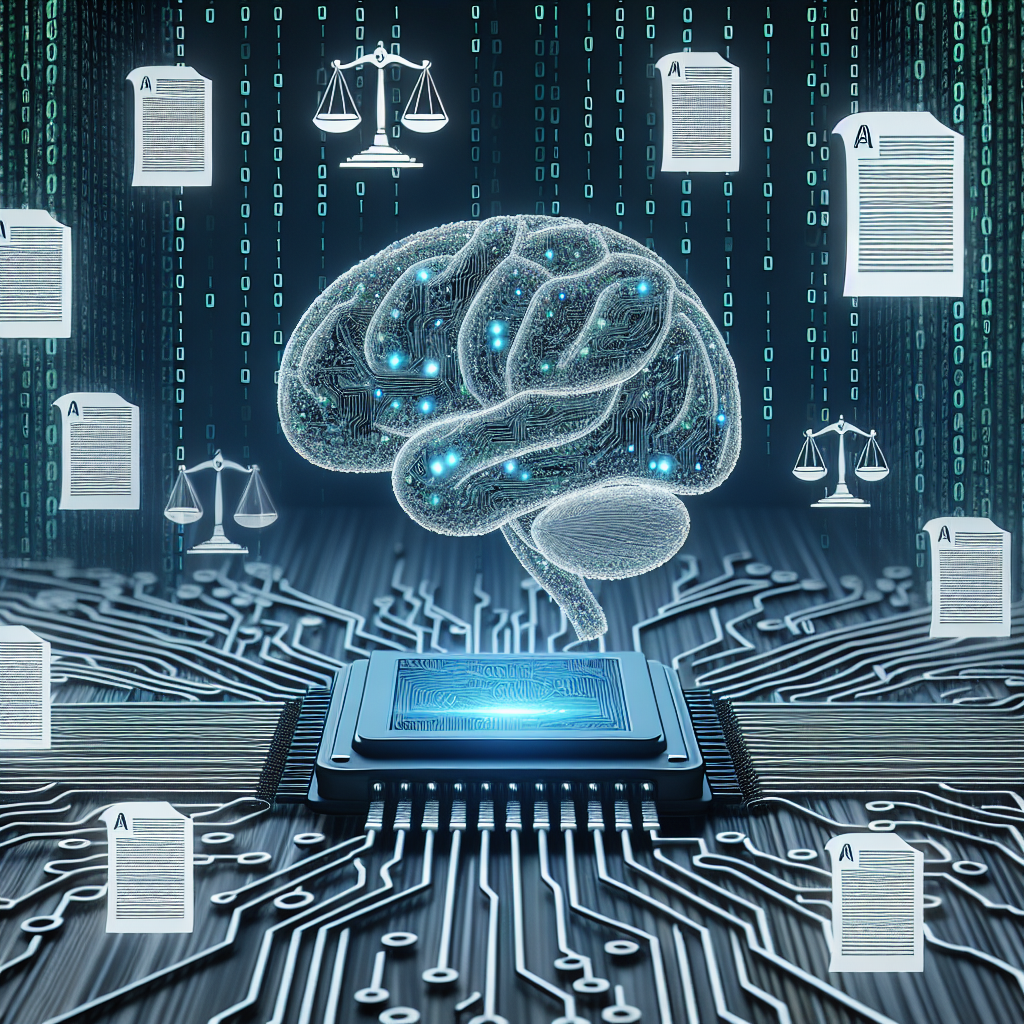Introduction
In a period of quick technological innovation, the integration of Artificial Intelligence (AI) into regulative conformity efforts has emerged as a transformative remedy. As businesses deal with raising regulative scrutiny, the requirement for sophisticated compliance techniques is more essential than ever. AI-driven devices enhance conformity procedures, minimize human mistake, and make sure adherence to regulations effectively.
The Significance of Regulative Compliance
Regulative conformity entails the adherence to laws and policies governing service procedures. Non-compliance can cause substantial punitive damages, reputational damage, and functional disturbances. By using AI, organizations can proactively manage compliance dangers and adapt to progressing laws.
Exactly How AI Enhances Compliance
Automating Manual Processes
AI automates laborious, hand-operated compliance jobs such as data collection and coverage. This not only saves time however additionally decreases human mistake. By utilizing artificial intelligence formulas, organizations can analyze large amounts of data swiftly and precisely.
Real-Time Surveillance
AI systems can give real-time tracking of conformity activities. This ability permits organizations to find abnormalities and flag possible conformity violations before they escalate, making sure that companies continue to be in advance of governing needs.
Anticipating Analytics
Advanced AI algorithms utilize predictive analytics to visualize potential compliance risks based upon historic information. By assessing trends and patterns, companies can proactively address problems and carry out modifications to avoid future violations.
Relevant Searches
- AI in regulative conformity
- Conformity automation devices
- Benefits of predictive analytics for conformity
- Artificial intelligence in service regulations
FAQ
How is AI transforming governing compliance?
AI improves conformity procedures via automation, makes certain real-time surveillance, and makes use of predictive analytics to identify risks prior to they come to be issues.
What are the vital advantages of utilizing AI for compliance?
The crucial benefits include decreased mistake rates, improved speed in processing information, real-time oversight of conformity activities, and enhanced threat management methods.
Exist any type of challenges associated with AI in compliance?
Yes, difficulties include the demand for quality information, potential predispositions in AI formulas, and the requirement for continuous tracking to make sure AI systems adapt to altering regulations.
Interview with a Compliance Specialist
We talked with Sarah Thompson, a conformity professional with over a years of experience in regulative oversight, to recognize the effect of AI on conformity efforts.
Q: How has AI changed the landscape of regulatory conformity?
A: AI has actually changed the way services come close to compliance. It has actually moved the emphasis from reactive procedures to positive administration, allowing companies to stay ahead of governing modifications.
Q: What guidance would certainly you provide to companies aiming to implement AI in their conformity procedures?
A: Begin tiny. Identify particular locations where AI can bring instant value and progressively broaden its application. Ensure you have the right information which your team is well-trained in interpreting AI outputs.
Final thought
AI is reshaping the future of governing compliance by enhancing functional performance, enhancing precision, and making it possible for positive risk monitoring. As organizations browse an intricate regulatory landscape, welcoming AI will be vital for preserving conformity and affordable advantage. The assimilation of AI in compliance efforts is not just a technical upgrade; it’s a tactical imperative that can redefine organizational success.
References
- “The Future of Compliance: Insights from AI Professionals”” (nofollow)
- “Just How Automation is Changing Regulatory Compliance”” (nofollow)
- “AI in Company: Compliance Equipment for the Modern Age”” (nofollow)


